Just like humans, dogs need proper dental care to maintain good overall health. Neglecting your dog's dental health can lead to a range of problems, from bad breath to tooth loss and even serious health conditions. In this blog post, we'll share some tips on how to keep your dog's teeth healthy and prevent dental problems.
Signs of Poor Dental Health
Before we dive into the tips, let's discuss some signs that your dog may be experiencing dental problems. These can include:
- Bad breath
- Discolored teeth
- Excessive drooling
- Loss of appetite or reluctance to eat
- Swollen or bleeding gums
- Loose or missing teeth
If you notice any of these signs, it's important to take action to address the problem. Ignoring dental issues can lead to pain and discomfort for your dog and even more serious health conditions.

Tips for Keeping Your Dog's Teeth Healthy
a. Brush Your Dog's Teeth Regularly
One of the most effective ways to maintain your dog's dental health is by brushing their teeth regularly. You should aim to brush your dog's teeth at least two to three times per week. Here's how to do it:
- Use a toothbrush and toothpaste designed specifically for dogs. Human toothpaste can be harmful to dogs, so it's important to use a product that is safe for them.
- Start slowly and make the experience positive for your dog. Let them sniff and taste the toothpaste before beginning to brush.
- Hold the toothbrush at a 45-degree angle to your dog's teeth and use gentle, circular motions to brush their teeth and gums.
- Be sure to focus on the back teeth, as these are often the most neglected.
- Reward your dog with praise and treats after each brushing session to make it a positive experience for them.
b. Provide Dental Chews and Toys
One of the most effective ways to maintain your dog's dental health is by brushing their teeth regularly. You should aim to brush your dog's teeth at least two to three times per week. Here's how to do it:
- Use a toothbrush and toothpaste designed specifically for dogs. Human toothpaste can be harmful to dogs, so it's important to use a product that is safe for them.
- Start slowly and make the experience positive for your dog. Let them sniff and taste the toothpaste before beginning to brush.
- Hold the toothbrush at a 45-degree angle to your dog's teeth and use gentle, circular motions to brush their teeth and gums.
- Be sure to focus on the back teeth, as these are often the most neglected.
- Reward your dog with praise and treats after each brushing session to make it a positive experience for them.
c. Feed Your Dog a Healthy Diet
Your dog's diet can also play a role in their dental health. Feeding them a healthy diet can help prevent dental problems and keep their teeth healthy. Here are some tips for feeding your dog a healthy diet:
- Choose high-quality dog food: Look for dog food that contains high-quality protein and essential nutrients. Avoid dog food that contains artificial preservatives or fillers.
- Limit treats: While treats can be a fun way to reward your dog, they should be given in moderation. Too many treats can contribute to dental problems.
- Avoid table scraps: Feeding your dog table scraps can be tempting, but it's not a healthy choice for their teeth or overall health. Many human foods are high in fat, sugar, and salt, which can contribute to dental problems.
- Provide fresh water: Make sure your dog always has access to fresh, clean water.

d. Schedule Regular Dental Check-Ups
Regular dental check-ups with your veterinarian are essential for maintaining your dog's dental health. During these visits, your vet can examine your dog's teeth and gums for any signs of problems, and recommend any necessary treatments or procedures. Your vet may also recommend a professional teeth cleaning, which involves removing plaque and tartar buildup from your dog's teeth under anesthesia.
The Importance of Dental Care for Your Dog
Maintaining your dog's dental health is important for more than just their teeth and gums. Poor dental health can lead to a range of health problems, including:
- Periodontal disease: This is a bacterial infection that affects the gums and can lead to tooth loss if left untreated.
- Abscessed teeth: An abscessed tooth is a painful condition that can lead to infection and the loss of the affected tooth.
- Heart disease: Studies have shown that there is a link between dental disease and heart disease in dogs.
- Kidney disease: Chronic dental infections can also affect the kidneys and other organs, leading to serious health problems.
By taking steps to maintain your dog's dental health, you can help prevent these and other health problems, and keep your dog happy and healthy for years to come.
Conclusion
As a responsible dog owner, it's important to prioritize your dog's dental health. Regular brushing, providing dental chews and toys, scheduling regular check-ups with your veterinarian, and feeding your dog a healthy diet can all help maintain your dog's dental health and prevent dental problems. By taking these simple steps, you can help ensure that your dog has a healthy, happy smile for years to come.

















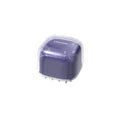
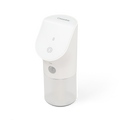
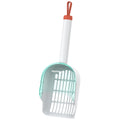



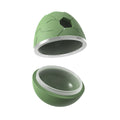
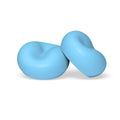





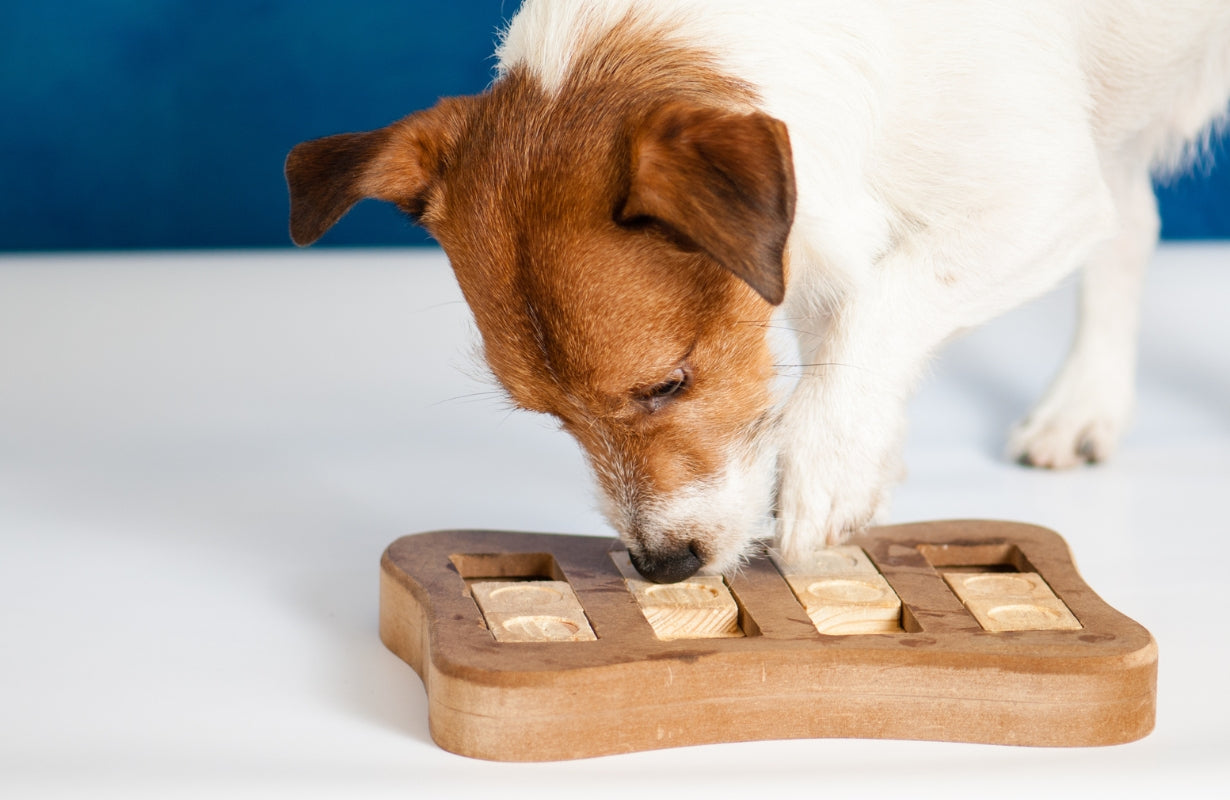

Leave a comment
All comments are moderated before being published.
This site is protected by hCaptcha and the hCaptcha Privacy Policy and Terms of Service apply.